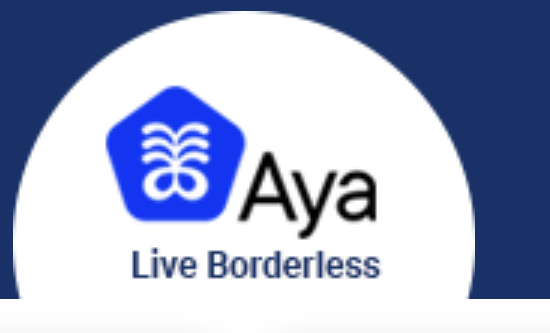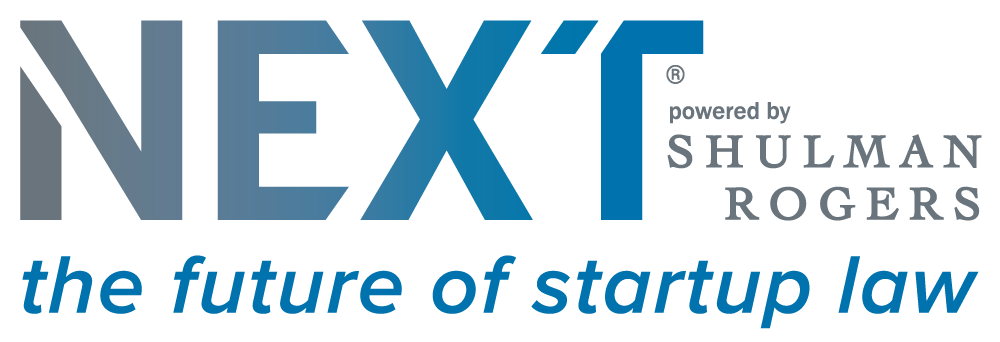Meet NEXT Client Eric Annan, CEO and Founder of Aya.
 What do you love about being an entrepreneur?
What do you love about being an entrepreneur?
The uncertainties which come with being an entrepreneur gives me a lot of joy. Some days, it’s exciting and other days, you want to give up. The roller coaster and the loneliness as an entrepreneur alone is mental therapy for me and fulfilment, a 6 figure paycheck won’t give me. I feel that gusto enthusiasm every day because my ideas and selflessness has ignited uncontrollable passion across the African continent where dreams many felt impossible has is today possible with a singular most pioneering act of kindness, though not seen the success as defined by the word, I know I started the hashtag #thistimeisafrica in 2018, and later saw very big financial institutions pick it and made it their mantra. Entrepreneurship has enabled me to show the world how humanity, based on honest conviction, helps in building empathy, kindness and compassion as a default service in our journey. Serving others helps to realize their dreams and gives me unquestionable fulfilment beyond any monetary compensation.
What makes your business unique?
What does it mean to build Upwork for Africa? The story of Amevor, a digital designer who is talented likes his peers in Tel Aviv, Bangalore or Moscow, but constraint by two major hurdles; masking his IP to access the global talent marketplace and getting paid to lose over 25% to forex & exchange rate differentials, for no fault of his. These two can’t be overlooked if we want to create an equitable world, for a decent living, that will stop or minimize young people from crossing the Mediterranean Sea in search of better living. That is the inspiration and motivation for Aya, more so to fix what United Nations Sustainable Development Goal 1, 2, 3, 8, 9 & 10 seek to achieve by 2030. Aya is a beautiful Ghanaian adinkra symbol that embodies the aspirations of many Africans who are resilient and resourceful, despite the geographical challenges faced. The African continent is young, it presents an opportunity for the future of work. We want to remove the constraints faced by millions of Africans and create a new reality for value creation, exchange and borderless living. Why the name Aya? Because it means resilience; the core of our business, of the people we’re building for, and of our mission–to be the #1 talent placement platform in Africa. We are pre-launch, 450 pre signup waiting to jump once we release MVP by Q4 this year.
How do you create a great company culture?
We believe Aya will stimulate growth through problem-solving, a fun working atmosphere of resilience, resourcefulness, mutual respect and collaboration with all stakeholders. We are confident Aya will be the birthplace of many innovations across Africa. Focusing on the mentorship of our team and the right environment for success, we have a broad vision to equip our customers with the right tools to have more than any gig platform will give them. More so, we’ve created the MPH principles-Pragmatism Meritocracy and Honesty as a structure to drive key-value systems. We achieve these intentionally by observing; open communication, title-less, creativity, curiosity, meritocracy, value, ownership, community, growth mindset, mutual trust and respect.
What is the best advice you ever received?
Being authentic, honest, and believing in my gut feelings and never living in the past.
What is the hardest lesson you ever learned?
The hardest lesson I learned was failing forward, after a painful failure as a result of a toxic environment I found myself in and got betrayed and murdered. I trusted these people because I believed that was the right thing to do if one wanted everyone to bring their best foot forward. The good thing was that it allowed me to reassure myself of humanity and I’m grateful for that experience. I learned not to just hear sweet talk but listen more to the unspoken actions going forward on my entrepreneurial journey.
What is an important trend you are watching?
How the African fintech landscape is ballooning in the last 18 months, with deal flows running into several billion, surpassing all assumptions by industry watchers. This gives me more clues not to give up on my highfalutin dreams and keep working and inspiring great talents to see the future by connecting the past. I believe consistency will surely reward us someday.
What advice would you give an entrepreneur starting?
My single advice to any entrepreneur is, know-how not having the right people is so devastating on the journey. I’ve experienced this personally, so choosing your partners wisely is all you need. A toxic or bad team member/co-founder is one of the dangers to have on the entrepreneurial roller coaster journey.
Why should investors back early-stage founders in Africa who have been refined by accelerators such as FI, YC, CVL etc.?
Building a startup in Africa is hard, from regulatory uncertainties to finding entrepreneurial-minded talents, mentors, advisors and funding. Despite these challenges, there has been a resurgence of new possibilities with vibrant tech-enabled startups from Nairobi, Lagos, Cairo, Cape Town, Kampala, Kigali and now Accra. As often said, failure is a lonely orphan, but success has unsolicited admirers and owners. There have been some incredible successes by the likes of Paystack, Flutterwave, Andela, TeamApt, Mono, Okra, and that is proof of the limitless possibilities we’ve in Africa, amidst the chaos. It’s at this background that, I want to use this opportunity to make a case for Early Stage Investors, to give more founders who’ve gone through structured coaching and mentoring, support to bring ideas into life. It’s time, Africa gets like Peter Thiel who will back Mark Zuckerberg when nobody gave him the support needed to test the Facebook hypothesis back in 2004. Without Peter Thiel $500k early backing to Mark, perhaps we won’t have Facebook and what it has accomplished for the world. Africa has a plethora of great entrepreneurs but only lacks early backers to build faster. Most startups die in Africa, not as a result of not executing fast, but lacking experienced investors, who will hold their hand and help them navigate the early-stage uncertainties.



